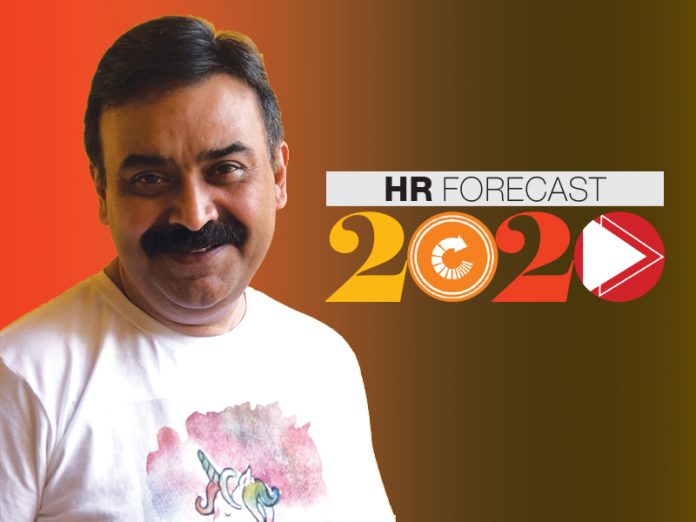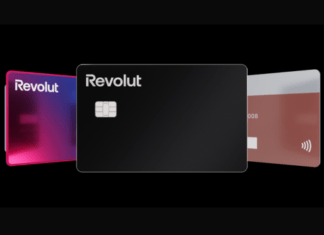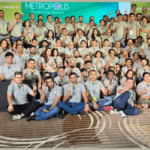Technology, data, employee experience: What’s high on agenda
All three are linked. To be able to design a personalised employee experience, one needs to know each individual employee. HR needs data about each individual to understand what they want and what they aspire for. What they like or dislike about the workplace are all data points that HR needs. For this, they need to invest in HR tech. So, tech and data are enablers to design great employee experiences.
A thousand apps to do a thousand different jobs makes little sense anymore. Instead, winning HR leaders are building a more connected and holistic experience by investing in the right HR tech platforms that can be implemented in six to nine months.
Companies have to invest in the right technology that enables data-based decisions, transparency and builds trust. Transparency in decision-making processes builds deeper engagement. Employees want data-driven metrics, experience, and standardisation.
HR tech must create one unified experience that manages transactions, and aspects such as attendance, time entry, and record keeping. Transactions, when done through the HR tech platform can generate insights. Employee experience needs a combination of technology, data and leadership from HR.
The next CHRO – the learning Officer, the talent officer, the HRBP or the engagement officer
The CHRO must be a person who understands HR technology, data and business contexts just as much as talent management, learning and engagement. A CHRO who does not understand tech and data, cannot effectively decide learning strategies to upskill and reskill the workforce. Understanding tech is the must have qualification of the CHRO – especially if the organisation has more than 50-100 employees.
Digital recognition and virtual medals
Human beings have a great desire to stand out in the crowd and simultaneously, to blend in as well. Any form of recognition helps a person to be seen as different from the crowd.
Hence, digital recognition and virtual medals work well especially for people who are driven by external rewards. Most digital recognition is given in large numbers for everyone. It is just same as the ‘Facebook’ likes that one gets. The first one motivates a lot. And then the threshold keeps getting higher. People need more and more Facebook likes in order to feel good about themselves. Then they start competing with others in terms of number of likes they have. Enjoying the moment becomes less important than figuring out the right filter to use that will get them more ‘likes’. Giving people digital badges for learning skills is a sure fire way to kill their internal motivation to learn. When the work is meaningless, the external world becomes important. The external rewards have to compensate for the missing internal motivation.
(This article was first published in HRKatha print edition)
Value our content... contribute towards our growth. Even a small contribution a month would be of great help for us.
Since eight years, we have been serving the industry through daily news and stories. Our content is free for all and we plan to keep it that way.
Support HRKatha. Pay Here (All it takes is a minute)




































